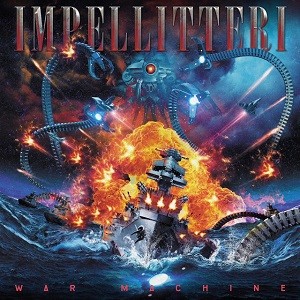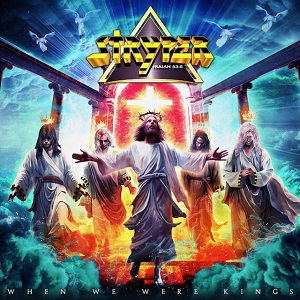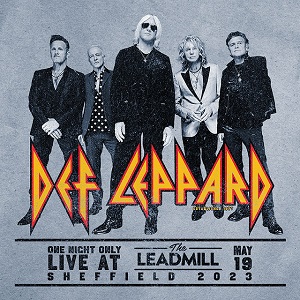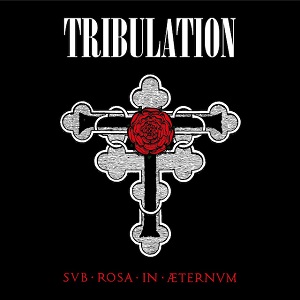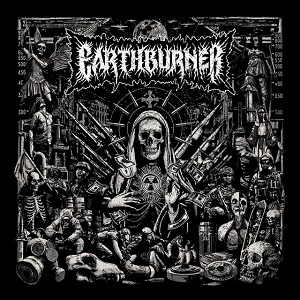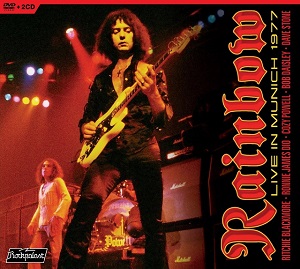MEGADETH Guitarist Chris Broderick - "I Never Questioned The Effort It Would Take To Play Something; I Just Knew I Had To Be Able To Play It"
February 12, 2011, 13 years ago
A brief interview with MEGADETH guitarist Chris Broderick published in the December 2010 issue of Guitar World Magazine is now available online. An excerpt is available below:
Q: What album/song inspired you to play fast?
Broderick: "VAN HALEN's 'Eruption'."
Q: What helped you progress dramatically as a guitarist?
Broderick: "Tenacity. I never questioned the effort it would take to play something. I just knew I had to be able to play it."
Q: What was your biggest technical hurdle?
Broderick: "My performance nerves. I have always gotten very nervous when playing for others, and I'm only now overcoming these issues with all of the touring I'm doing with Megadeth."
Click here for more.
As previously reported, Megadeth bassist David Ellefson will be dropping by the Cyber Army chat room for a special live chat with fan club members on Tuesday, February 15th at 4 PM (PST) (midnight GMT).
"Catch up with David on all things Mega! Don't miss this one, club members! Not a member of the Megadeth Cyber Army yet? The Megadeth fan club is renowned for being the "friendliest community in heavy metal." Join the ranks! Enlist today!"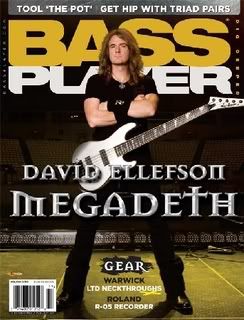
Ellefson was featured in the December 2010 issue of Bass Player magazine. The entire interview is now available online, an excerpt is available below:
Q: How did your role become defined when the band was starting out?
Ellefson: "For us, it was first about defining our music. At the time in L.A., hair bands playing melodic metal or heavy pop was all the rage. We were more into the European neoclassical metal of people like YNGWIE MALMSTEEN and the SCORPIONS with MICHAEL SCHENKER and ULI ROTH—that combined with the punk rock attitude of the SEX PISTOLS and THE RAMONES; the hybrid of those two is really what thrash metal is. In addition, we were looking to add a level of complexity and intensity to the METALLICA template. So instead of three-chord songs with a cute lyric, Dave was writing these epic compositions, with different sections, tempos and keys, that were orchestrated to the last note and took months to record. Bass-wise, he was always very good about getting me involved, saying, let’s make this part the bass line, or, why don’t you start the song."
Q: Did that help you settle into a concept?
Ellefson: "Yes, and it’s essentially three-fold: To support the guitar lines, to hunker down and lock with everyone on the main unison riff—because that’s where the power and heaviness comes from, and last, to play in melodic counterpoint to the guitars or rhythmic counterpoint to the drums and create a voice of your own. I quickly realized the guitar and the drums are the foundation of the band, not the bass; I’m more like the mortar between the bricks— the connection that glues those two sides together. That’s what led me to always add my bass late or last in the recording process. Ideally, Dave would lay down a keeper rhythm guitar track first and then the drums were added, and at least a scratch vocal. So by the time I was ready to cut, I’d have a clear direction as to how the part should go, and if I wanted to play some upperregister melodic fills I’d know how to not conflict with the vocals. Plus, I could get a better tone by tailoring it to fit between the drums and guitars."
Go to this location for the complete interview.






